- There is widespread acknowledgement of the root cause of poor corporate governance by South Korean enterprises: inheritance tax rates that incentivize control parties to minimize the corporate value on which taxes are calculated.
- The Korean government’s Corporate Value-up Program is a new national initiative to improve the capital efficiency and return of profit by listed companies.
Death and taxes. These two events are the predictable catastrophes in everyone’s life. Now that South Korea has successfully industrialized over the past fifty years, the nation sits at the intersection of death and taxes. Interestingly, the national quest to balance the interests of individuals, corporations, and the government may potentially benefit everyone, including minority shareholders in Korean corporates.
It would be easy to think of the competing interests of these three stakeholders – individuals, corporations, and the government – as a zero-sum game. It is more commonplace than it should be in Korea for individuals inheriting property from their parents to be forced to sell it to pay for inheritance taxes that benefit government coffers. The control parties of many Korean companies condone poor capital efficiency in order to minimize the corporate value on which inheritance taxes are calculated. The government also suffers from this dynamic by increasing the fiscal burden of an aging population that is less and less self-reliant as the savings from industrialization are taxed away on a generational timeline.
Aware of the issue, the South Korean government announced in February 2024 the Corporate Value-up Program, a national initiative to improve the capital efficiency and return of profit by listed corporates, and thus raise the historically low valuation of the Korean stock market (the infamous “Korean discount”). Improving the return of profit by corporates is of relevance to the National Pension Service, the country’s public pension fund, now that the country’s population is rapidly aging; removing the Korean discount is more relevant to households who increasingly invest and store wealth in the stock market.
My colleague Brent Clayton and I traveled to Seoul to assess, among other factors, the potential for the Corporate Value-up Program to succeed for the benefit of all stakeholders: the government, corporates, individuals, and minority shareholders.
I find justified optimism in the positive stock price reaction of many Korean companies following the program’s announcement. Indeed, most management teams with which we met accepted the spirit of the program and anticipated general compliance with the soon-to-be-announced, voluntary guidelines. Promises, unlike death and taxes, are uncertain. The program is voluntary after all. Something more is required for long-term confidence. Thus, I was pleased to hear that there is a general expectation that should the program prove fruitless, the government will likely follow-up with legislation to coerce better treatment of minority shareholders. More importantly, I found widespread acknowledgement of the root cause of the poor corporate governance by Korean enterprises: a punitive inheritance tax rate of up to 50% (60% for chaebol families), which incentivizes families to minimize their tax bill by keeping the market value of their wealth as low as possible.
It should be clear from the above that the Corporate Value-up Program is in its infancy and its potential impact is too early to quantify. The core issue of the inheritance tax rates remains unresolved. The conclusion from our meetings is that the program is serious and investors can expect a degree of near-term tangible improvement in shareholder returns. Beyond the short term, I would expect incremental change, varying in degree by corporate. Selectivity then must guide the active stock-picker.
The realm of uncertainty, where investors deal, makes no promises. Like so many things in life, it is in the journey of incremental change that one finds value.
Paul EspinosaSeoul
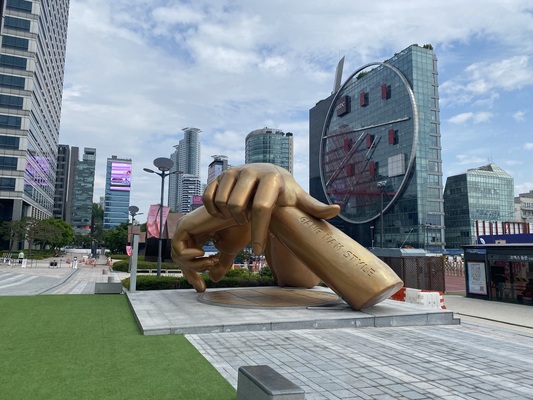

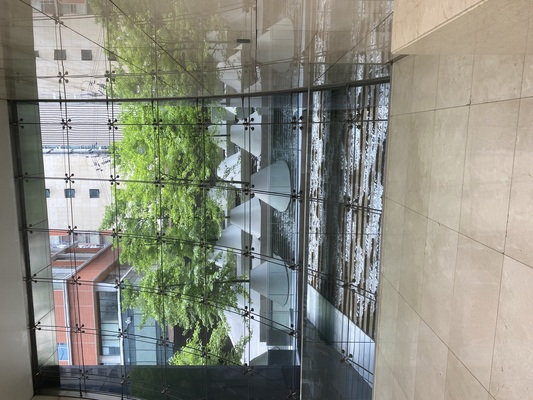
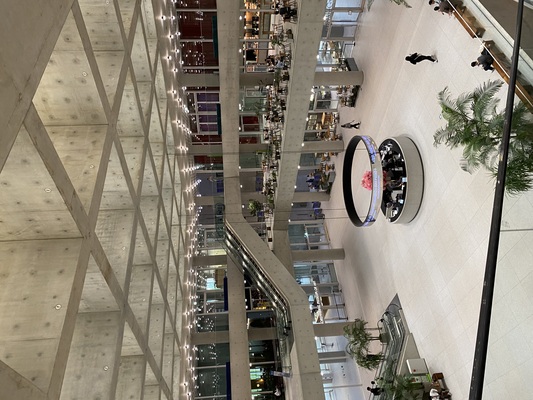
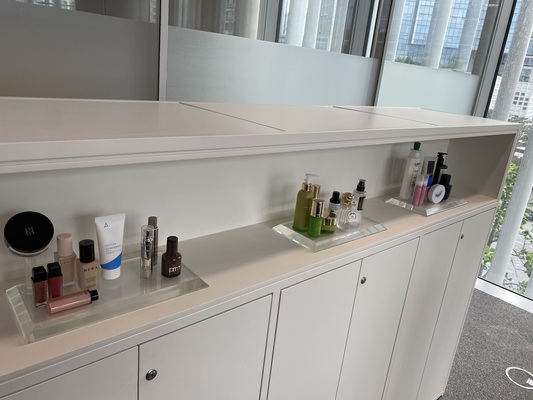
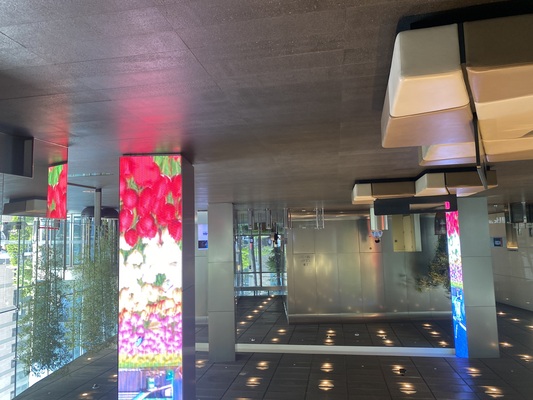
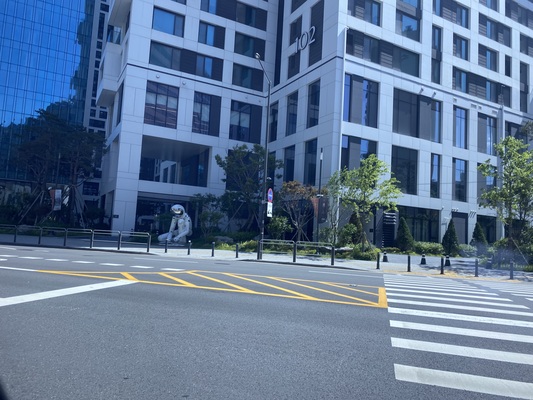
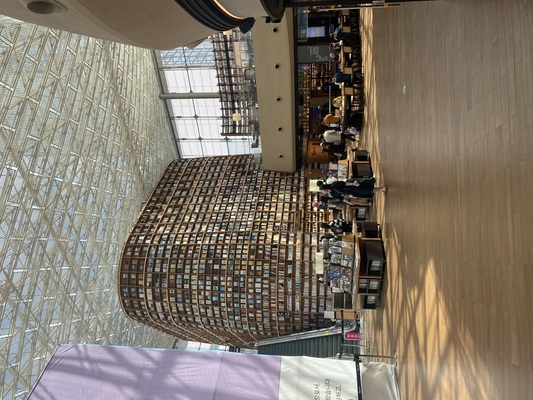
- The views and information discussed in this commentary are as of the date of publication, are subject to change, and may not reflect Seafarer’s current views. The views expressed represent an assessment of market conditions at a specific point in time, are opinions only and should not be relied upon as investment advice regarding a particular investment or markets in general. Such information does not constitute a recommendation to buy or sell specific securities or investment vehicles. It should not be assumed that any investment will be profitable or will equal the performance of the portfolios or any securities or any sectors mentioned herein. The subject matter contained herein has been derived from several sources believed to be reliable and accurate at the time of compilation. Seafarer does not accept any liability for losses either direct or consequential caused by the use of this information.
- As of June 30, 2024, the Seafarer Funds did not own shares in the securities referenced in this commentary.
![[Chrome]](/_layout/images/ua/chrome.png)
![[Firefox]](/_layout/images/ua/firefox.png)
![[Opera]](/_layout/images/ua/opera.png)
![[Microsoft Edge]](/_layout/images/ua/edge.png)